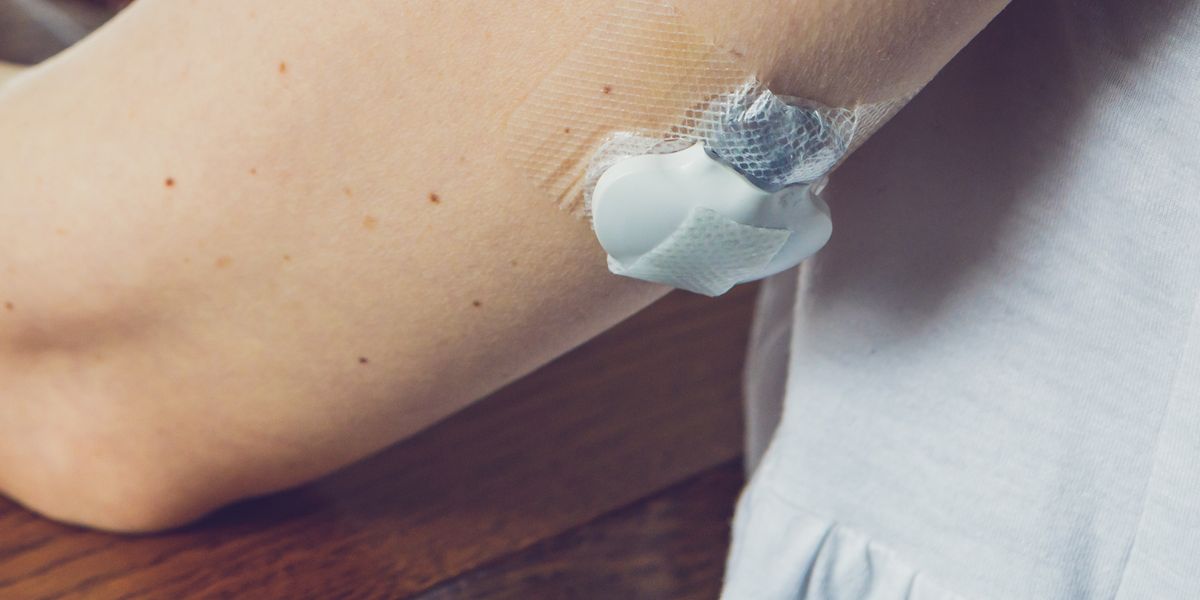As a woman who has type 1 or type 2 diabetes, there should be no reason why you cannot take birth control pills in safety.
You should always consult with your doctor before taking the pill.
Birth control pills
Birth control pills generally fall into two types, although there at present 23 different brands of contraceptive pill on the UK market.
Oestrogen and progestin
The first contains the hormones oestrogen and progestin, and the second contains progestin alone.
Combination pills, those that contain oestrogen and progestin, very rarely cause shifts in blood glucose levels and the ways in which the body controls them.
Progesterone
Pills which contain only progesterone don’t cause changes in blood glucose control.
Further contraceptive methods such as injections and implants are also considered fairly safe for diabetics to use.
Loss of control
Many women experience a slight loss of control in blood sugars initially when they start taking the pill, but this can usually be rectified by a slight change in treatment regime.
Contraceptive pill
The contraceptive pill may indirectly complicate diabetes, however. Some of the side-effects of the pill may lead to increased risk of diabetes complications. High blood pressure, for instance, could increase your chance of contracting eye or kidney problems for diabetes.
Diabetics who also smoke are advised to seek alternative forms of contraception.
Some medical thinking implies that the oestrogen present in birth control pills can increase glucose levels whilst simultaneously decreasing bodily insulin response.
Progestin present in birth control pills could also possibly lead to insulin overproduction.
Some medical practitioners advise that taking the birth control pill should be limited only to those women who are younger than 35, who do not smoke, who are generally healthy and without diabetes-related complications.
Concerns about the pill
Anyone concerned about how the contraceptive pill will affect their diabetes should seek medical assistance before proceeding any further.
The FPA (Family Planning Association) is a comprehensive resource about the different methods of contraception available.
The FPA can be contacted at:
- 27-35 Mortimer Street, London W1N 7RQ
- Telephone: 0207 1636 7866.









